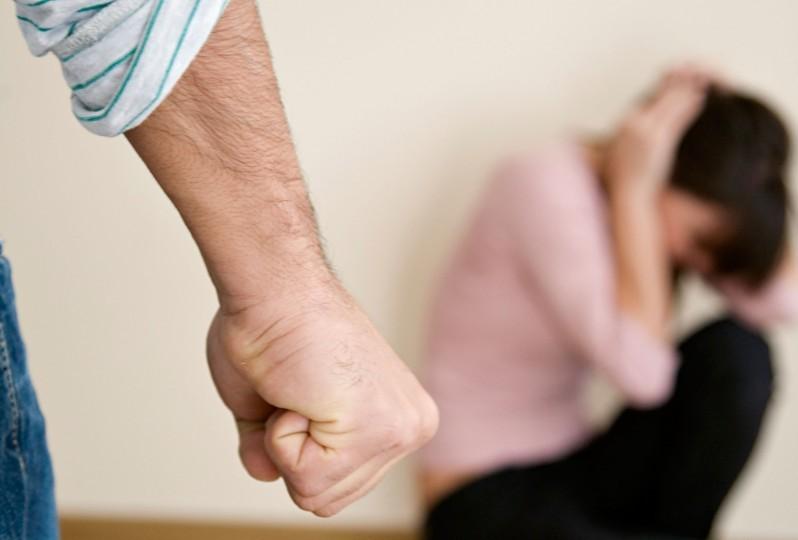
Domestic violence is a serious issue. If you are facing a domestic violence charge in British Columbia, you must not take this charge lightly. When convicted, you could face stiff penalties, including a hefty fine or time in jail. Beyond this, the conviction can impact your family, reputation, and job for years to come. Because of these reasons, you must speak with an experienced attorney from N.J. Preovolos Law Corporation immediately. The following are important steps you must to protect your freedom and reputation when charged with domestic violence:
Consult a Lawyer
Before making any plan, seek the help of a criminal defense attorney. You should talk to your attorney with all honesty because your communication is confidential. Your lawyer can examine the evidence in your case and guide you on how to best move forward. Keep in mind that while your conversations with the lawyer are privileged, the case is different with your family, friends, and anyone else. Thus, never take the advice of anyone as they could be called in court to testify against you.
Being accused of domestic violence is a serious matter that can have significant legal, personal, and professional consequences. If you find yourself in this situation, it’s crucial to consult with a skilled criminal defense attorney who specializes in domestic violence cases. An experienced lawyer can help protect your rights, guide you through the legal process, and explore all available defense options. They can work to challenge the evidence against you, identify any potential inconsistencies in the accuser’s statements, and negotiate on your behalf to reach a favorable resolution. It’s important to remember that accusations of domestic violence are not always indicative of guilt, and having legal representation is essential to ensure a fair trial and the best possible outcome.
Preserve Evidence
Gather and keep evidence such as phone messages, credit card bills, photos, and social media posts. You might not be able to retrieve this evidence when it’s deleted. Place all pieces of evidence you have in a folder or a thumb drive. With the help of your attorney, such evidence may help show that you are innocent and your accuser’s lack of credibility.
Avoid Talking to the Police
When facing a domestic abuse charge or sexual assault, you should not talk to the police. It is important that you understand how serious your situation is and talking to any form of law enforcement may only create more issues in your case. Whenever you will be questioned, ensure you have an attorney by your side. You don’t want to say the wrong things which can be used against you later.
Avoid Contact with the Accuser
If you have been accused of domestic violence, you should stop communicating with them right away. Things can escalate in an intense situation. Whatever you say or do can create more evidence the other party can use against you. If you have been issued a no-contact order by a judge, make sure to honor it. The other party may try to contact you but you should not engage with them. You could be held accountable for violating the terms of the court order.



